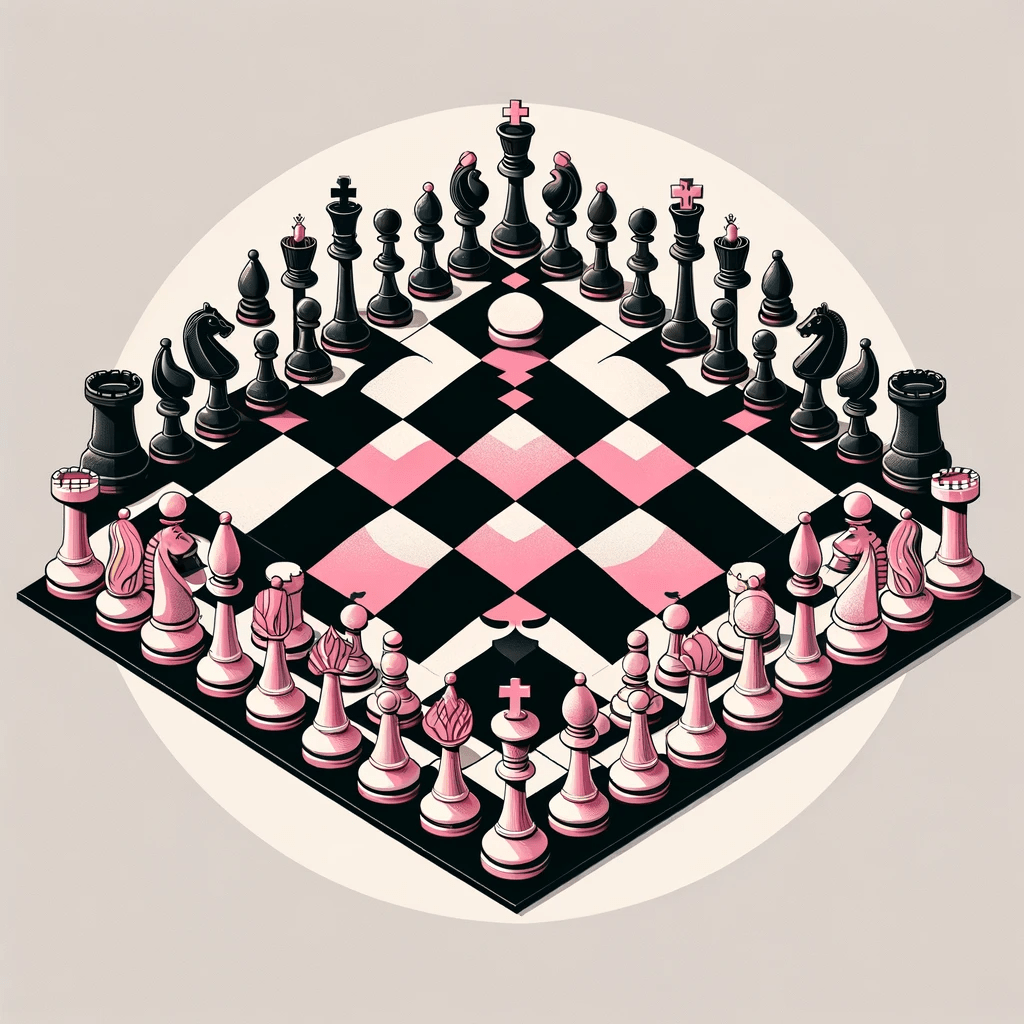Mongolia Leads in Chess Equality; Denmark Trails Behind
November 29, 2023
In a remarkable achievement, Mongolia has emerged as the leading nation in advancing gender balance in chess, with Denmark, surprisingly, lagging at the opposite end, as disclosed by a recent study.

Mongolia Leads in Chess Equality
The World Chess Federation, together with the University of Queensland, conducted extensive research across 105 national chess federations to devise the Gender Equality in Chess Index (GECI). This innovative index evaluates gender parity through three vital metrics: “Participation,” “Performance,” and “Progress.” Insights were derived from FIDE’s rating system and the participation data from key youth chess tournaments globally.
Mongolia’s exemplary GECI score of 86.53 reflects its significant female representation in chess, with women constituting nearly 40% of its active players. Gurvanbaatar Erdenebaatar, the Mongolian federation’s president, attributes this success to a historical affinity for chess and current efforts in gender-sensitive policies, such as equal prize money and involvement of women in chess administration.
International Master Munguntuul Batkhuyag, a leading Mongolian female chess player, acknowledges the substantial support provided to women in the sport, highlighting government bonuses for grandmasters and state-funded national teams.
Other countries like Sri Lanka, Uganda, Vietnam, and Namibia also demonstrate strong gender equality performances. In contrast, major chess powerhouses like India and Russia hold the 24th and 25th spots, respectively.
The study surprisingly reveals that Nordic countries have less favorable rankings, with Denmark at the very bottom. This is in stark contrast to Norway’s ambitious plans for a female-focused super tournament in 2024.
The research team, led by Australian Grandmaster David Smerdon, acknowledges imperfections in the study but remains optimistic about the GECI’s potential to drive meaningful discussion and action towards gender parity in chess.
Despite the positive strides, the chess community has faced challenges, including a gender pay gap and reported incidents of sexual harassment. Initiatives like the Women In Chess Foundation aim to address these issues by fostering safer and more equitable environments for female chess players.
In conclusion, while the GECI highlights significant advancements in gender equality within chess, there is an evident need for continued efforts to close the gender gap and promote a more inclusive chess community worldwide.
